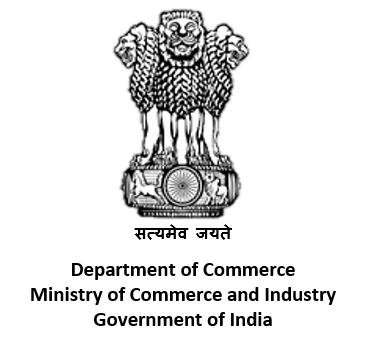Fake pesticides a threat to Kashmir apples
Fruit growers in Kashmir say their crops are under threat from spurious pesticides in circulation. The government agrees it is a matter of concern but points out that its role in the pesticides market is not a direct one beyond checking and licensing; private players handle the import.
The Rs 4,000 crore apple industry is allegedly the worst hit. Abdul Qayoom, a grower in Pulwama, said all pesticides sold in Kashmir are substandard. “Pesticides or fungicides that are sold in the valley are stored in Jammu. No effort has been being made by the government to check the quality of pesticides and fungicides before it is sold in the market. We have often lost fruits after spraying fake pesticide in our orchards but the government has never taken any step to stop it.’’
Wani Sajad, a distributors, said they import pesticides from companies based outside the state. “Unfortunately officials blame us for all the fake products and take no action against the manufacturers.”
The economic survey report of 2012-13 notes that the consumption of pesticides and fungicides has increased manifold. Horticulture and agriculture involve more that one million people directly or indirectly in Jammu and Kashmir; where 3.5 lakh hectares is under various crops.
Following the complaints by apple growers, the government had brought out a report that said weather fluctuations were responsible for deterioration in the quality of apples. The outcry that followed has prompted a fresh probe.
“Compared to other crops, apple orchards have pesticides used in large quantities,’’ said director (agriculture) Mushtaq Ahmad Peerzada, also controller (pesticides). “To safeguard the Rs 400 crore apple industry, pesticides are kept available throughout the year as the apples are prone to various diseases,” he said, citing the examples scab that affects apple and pear and blast that sometimes affects paddy. “Most of the pesticides and fungicides are used for safeguarding apples and pears,” he said.
He said the size of the quantum of pesticide and fungicide business is around Rs 100 crore and everything is managed by local entrepreneurs. “We are only involved in checking and licensing,” he said.
He agreed, however, that under the Pesticides Act, an insecticide board in collaboration with Sher-e-Kashmir University of Agriculture Science and Technology should keep a tab on what is being sold in the markets. “We keep a check on illegal sales and licensing through the insecticide board on SKAUST’s recommendations,” he said.
And the agriculture director accepted that the sale of spurious pesticide is a concern. “It is a serious concern and we are working to control it. We are discussing the matter with the divisional commissioner and seeking support from all departments. We also plan to take the excise department on board before initiating action to stop the supply of spurious pesticides and fungicides,” he said.
The government has formed a high-powered committee to probe allegations levelled by fruit growers. The committee, headed by the vice chancellor of SKAUST, is looking at the allegations afresh after farmers dismissed the earlier government report that had attributed the degradation of apples to continue…
Source: indianexpress
.gif)
.gif)







